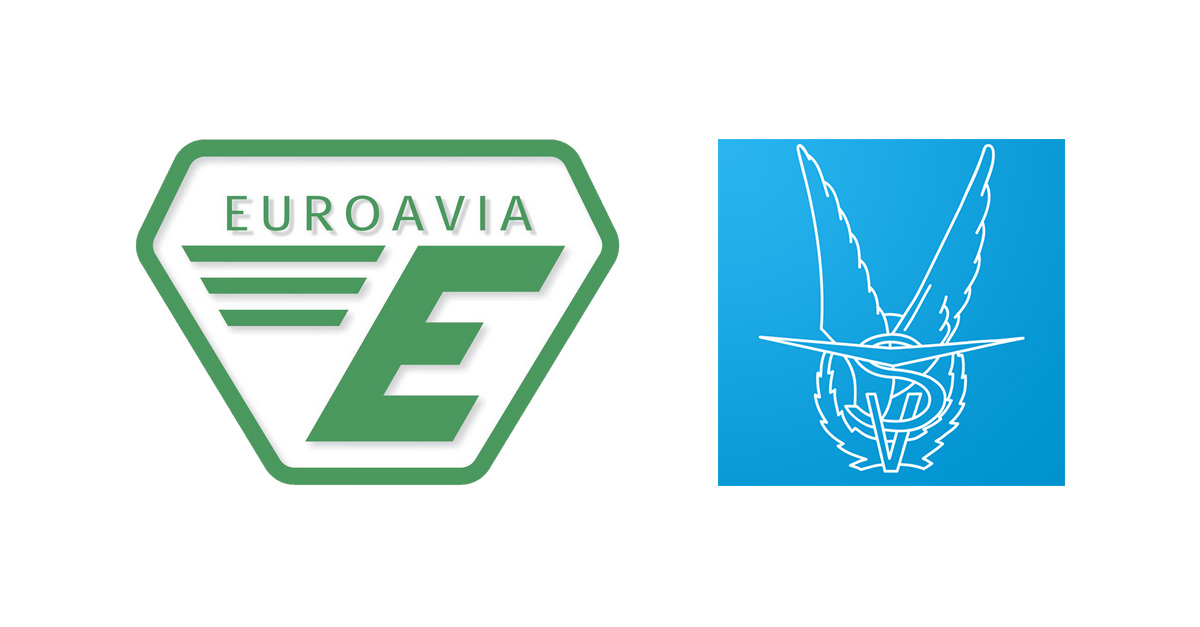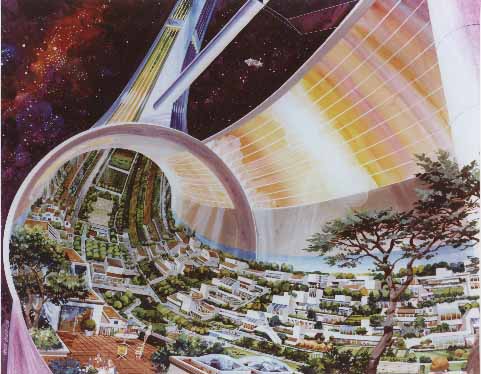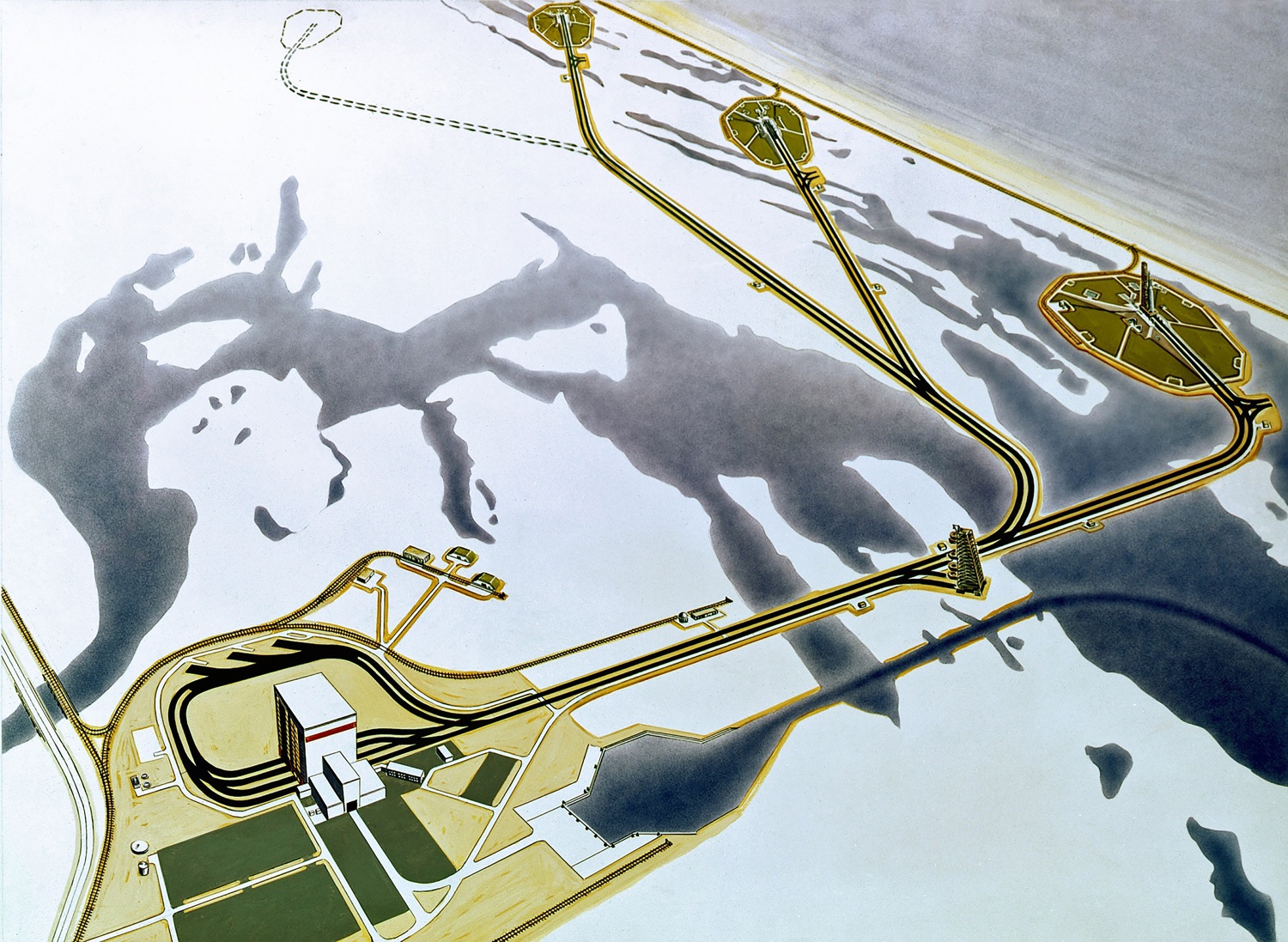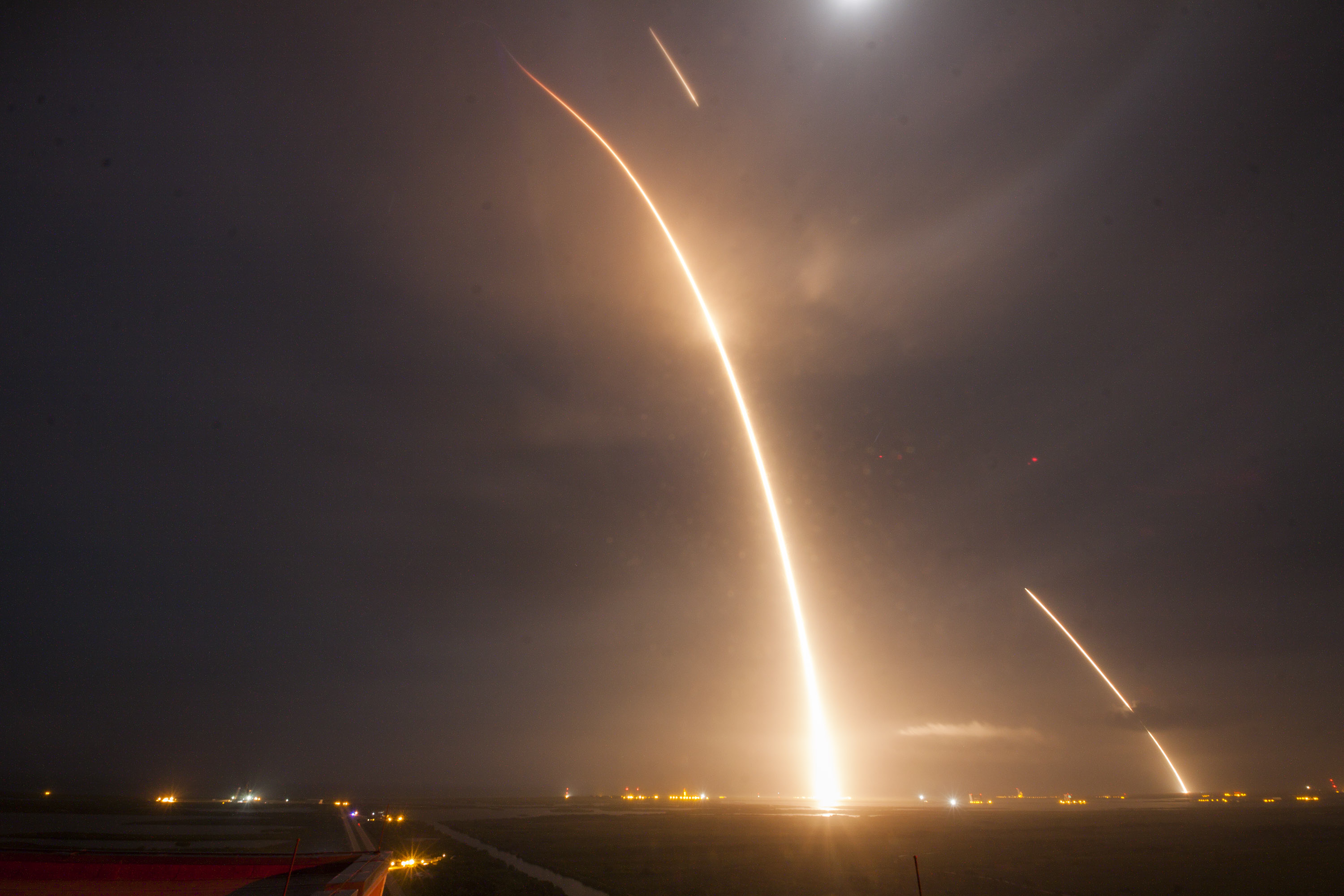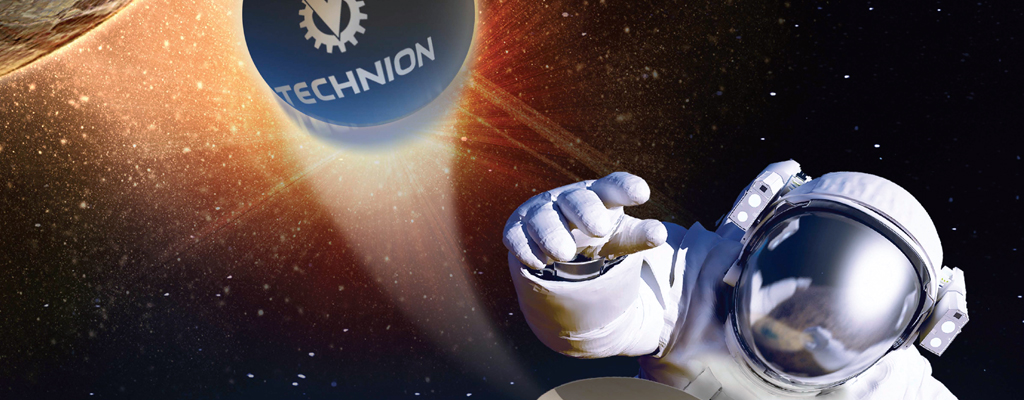
The next installment in our catalogue of “the best space study programs”, is the Space Study Program (SSP) of the International Space University, Strasbourg. This two-month course is a professional development course focusing on both technical and non-technical aspects of the space industry—something that is extremely essential in a field as interdisciplinary as space, and also something that not a lot of programs can boast of.
Held at a different location every year, the SSP is structured so as to facilitate maximum interaction among its various participants from radically varying backgrounds. The core lecture series gives a fundamental introduction to all the fields within the space field. From technical lectures on various spacecraft subsystems and human body behaviours in zero gravity, to business development and legalities, the essence of this multidisciplinary industry is captured in broad sweeps.
Apart from the lectures, the program stands on another leg: the departments. There are seven academic departments, again representing the various areas of space industry-- engineering, sciences, humanities, law, management and physiology. Students choose a department at the beginning of the program depending on their interests and participate in the extra-curricular activities of their department throughout the course, adding a practical dimension to the course in their specific field of interest.
The third component of the SSP structure is the Team Project (TP). Arguably the most important aspect of the program, the TP serves the purpose of bringing participants from different professional walks of life together to work on a project that requires problem-solving, analytical, and organisational skills, other than the professional expertise of the individuals. The teams work jointly to brainstorm a solution to a topic relevant to the contemporary space sector.
Moreover, there are independent activities on the sides, including workshops to entirely comprehend the knowledge gained in the lectures, evening panels, as well as guest lectures with experts from the industry. Other than these events common to all SSPs, there is the added adventure of various exotic locations the SSP is held in, each year. There are many location-specific activities that add to the entire learning experience. For example, SSP 2007 held in Beijing included a visit to the human spaceflight facility and a trip to the National Institute of Biological Sciences. Some events are also designed to have a local aspect.
Kilian Engel, an alumnus of the program who also worked as a Teaching Assistant as well as the Academic Coordinator for the SSP, tells us what it is that people usually take away from the program. “ The biggest thing for me is the diversity and the background of the people you meet- both the faculty and the attendees. When I was a student, I was one of the youngest people to attend it and was awed. Secondly for me, every lunch and every dinner, sit with someone new who could share their passion, a wide spectrum of interests. They do really manage to put in the 3I’s of the ISU, International, Inter-cultural and Inter-disciplinary. Also the chance to really bond with those people instead of a superficial introduction, specially with the group project, working round the clock to produce something. lf you're stuck in the rut, it can give you a new enthusiasm, to rediscover your passion for Space.”
In its 28 years of existence, the SSP has generated a large base of such alumni spread all over the world. These alumni are usually the ones who come forward to help organise the next SSP in their city, making it a truly international undertaking, not only in its participation, but also in its organisation. ISU also has a special SSP for the locations south of the equator, called the Southern Hemisphere Space Studies Program: a similar program in a different hemisphere. So, if you’re looking for your next adventure that is fun, and adds a lot of value to your student or professional career, SSP might be your answer.






